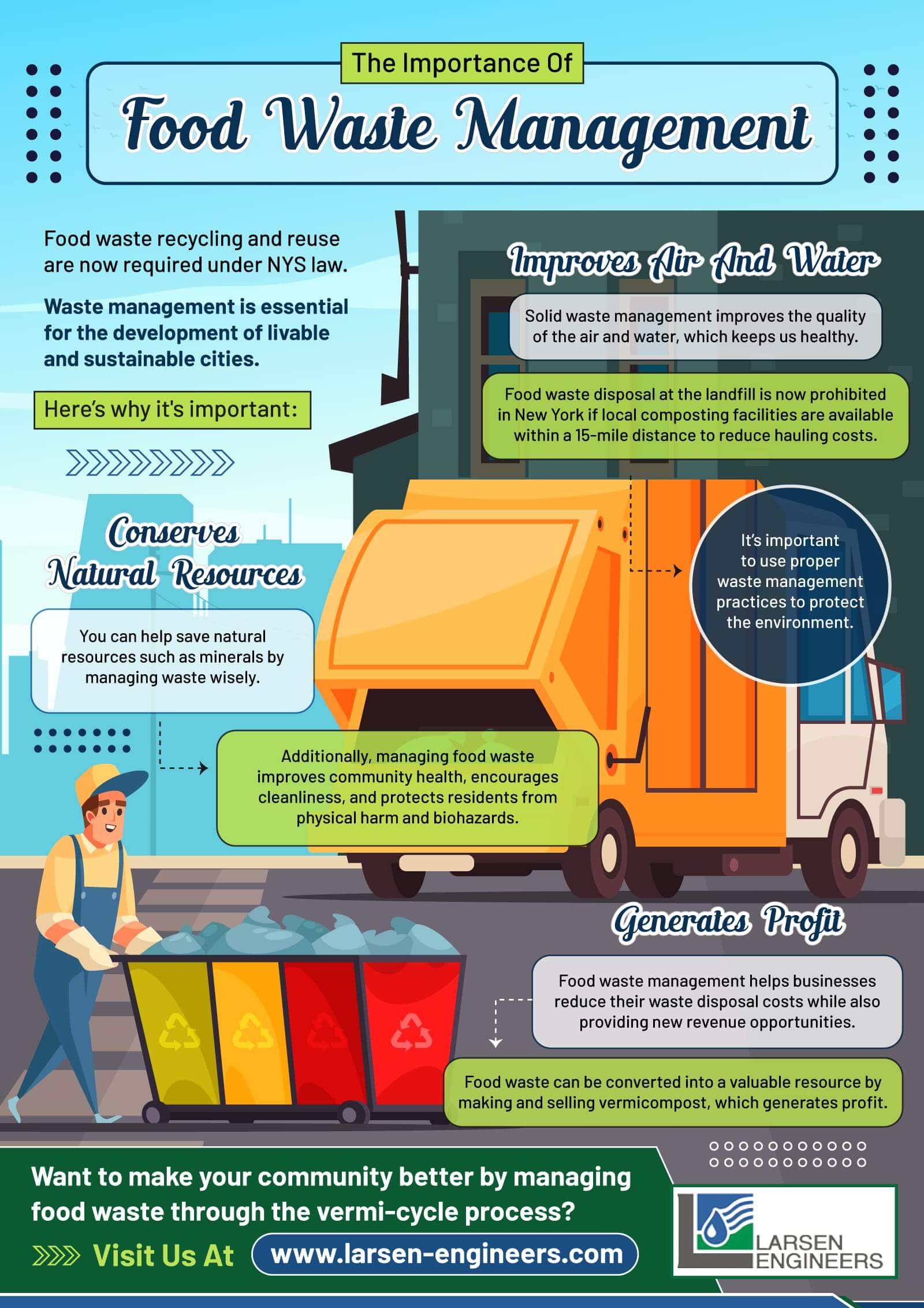The Ultimate Guide To Reclaim Waste
Table of ContentsHow Reclaim Waste can Save You Time, Stress, and Money.The Greatest Guide To Reclaim WasteThe Ultimate Guide To Reclaim WasteSee This Report on Reclaim WasteLittle Known Questions About Reclaim Waste.
Explore the kinds, occurrences, and forms of liquid waste. Domestic sewage waste refers to the waste and products from a residential septic storage tank. This sort of waste is developed by humans in residences, institutions, and various other structures. This only includes septic containers that have a drainpipe area. The appropriate management and disposal of residential sewer waste require liquid waste to be transferred to a sewage therapy plant where the correct techniques and devices are related to purify and take care of waste.
Commercial waste usually consists of potential dangers, such as flammable materials or a mixture of liquid and strong waste products, and calls for an advanced and comprehensive disposal procedure. The disposal of industrial waste commonly entails the filtration of waste before transportation to ensure safe and appropriate disposal. Industrial waste is developed from by-products and drainage of industrial processes and manufacturing.
This kind of waste can not make use of the very same sewage administration transportation or procedures as septic or business fluids. The hazardous waste administration process needs the inspection and testing of liquid waste before it undergoes the disposal process (liquid waste disposal). Drainage waste is the fluid waste that originates from runoff and excess stormwater in very populated areas or cities
Overflow waste can trigger contamination and flooding if not managed effectively. Find out more concerning sewer cleansing and waste management. Making certain proper waste monitoring can stop catastrophes and lower ecological harm. Both individuals in residential settings and professionals in business or manufacturing markets can take advantage of comprehending the procedures and laws of fluid waste administration.
Reclaim Waste Things To Know Before You Get This
Call PROS Solutions today to discover our waste management and disposal services and the correct ways to take care of the liquid waste you create.
(https://padlet.com/leonaube33101/reclaim-waste-hw71hge954tsaxnp)Do you know what occurs to your water when you end, purge the toilet or drain the washing machine? No? Well, it's worth understanding. This supposed 'wastewater' is not only a crucial resource but, after treatment, will be launched to our land, waterways or the ocean. Utilized water from toilets, showers, baths, kitchen area sinks, washings and industrial processes is called wastewater.

water made use of to cool down equipment or tidy plant and equipment). Stormwater, a form of wastewater, is runoff that moves from farming and urban locations such as roofing systems, parks, gardens, roadways, courses and gutters into stormwater drains pipes, after rain. Stormwater flows neglected directly to local creeks or rivers, ultimately getting to the sea.
Not known Facts About Reclaim Waste
In Queensland, a lot of wastewater is dealt with at sewage treatment plants. Wastewater is transferred from residential or industrial sites through a system of sewers and pump terminals, understood as sewerage reticulation, to a sewage therapy plant.
The Department of Natural Resources advises city governments regarding handling, operating and preserving sewage systems and browse around these guys therapy plants. In unsewered areas, city governments might call for owners to install individual or house sewage treatment systems to treat residential wastewater from bathrooms, kitchens, washrooms and washings. The Department of Natural Resources authorises the usage of household systems when they are verified to be reliable.
Most stormwater obtains no treatment. In some brand-new neighborhoods, therapy of some stormwater to remove trash, sand and gravel has actually begun making use of gross toxin catches. Wastewater therapy takes place in 4 phases: Removes strong issue. Larger solids, such as plastics and various other items mistakenly released to sewage systems, are removed when wastewater is gone through displays.
Uses tiny living organisms knows as micro-organisms to damage down and get rid of remaining liquified wastes and great bits. Micro-organisms and wastes are included in the sludge.
Not known Incorrect Statements About Reclaim Waste
Nutrient elimination is not readily available in any way sewage therapy plants since it needs costly specialist devices. It is coming to be extra common in Queensland. Clear liquid effluent created after therapy may still consist of disease-causing micro-organisms. If this effluent is launched into rivers such as rivers or the sea, the micro-organisms will eventually die out.

Most wastewater moves into the sewage system. Under the Act, local federal governments provide approvals and permits for environmentally pertinent activities (Periods) involving wastewater launches that might have a regional impact.
The Single Strategy To Use For Reclaim Waste
Monitoring offers accurate info concerning water top quality and can validate that permit problems are being fulfilled. The details gotten via monitoring provides the basis for making water quality decisions.